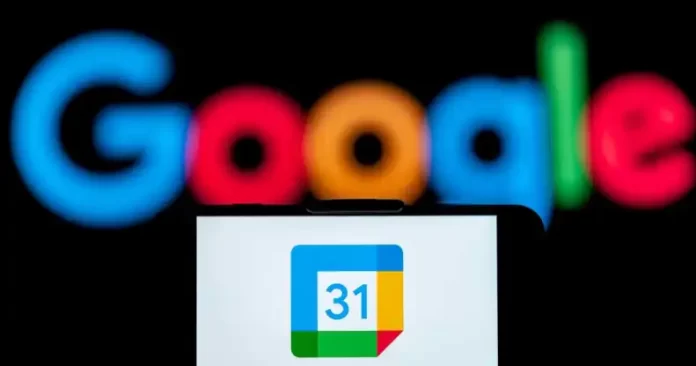Google Calendar No Longer Displays Certain Cultural Observances, Google Confirms Changes
Google’s calendar product has removed references to significant observances such as Black History Month (Feb. 1) and Women’s History Month (March 1). These dates, previously marked in past years, are absent from the 2025 calendar.
A company spokesperson stated that Google began making these updates in mid-2024. The move was first reported by The Verge after users noticed the omissions and shared their concerns online.
The Reason Behind Google’s Calendar Adjustments
Google explained that its team had manually added various cultural observances over the years but found it unsustainable to maintain such a broad and globally consistent list.
“We got feedback that some other events and countries were missing — and maintaining hundreds of moments manually and consistently globally wasn’t scalable or sustainable,” a Google spokesperson said.
The company has now opted to display only public holidays and national observances sourced from timeanddate.com, a Norway-based company with 40 employees. Users can still manually add other observances to their personal calendars.
Broader Pattern of Changes at Google
This update comes amid other notable shifts at Google, reflecting broader political changes in the U.S. The company recently discontinued its diversity hiring goals after President Donald Trump’s administration eliminated federal DEI programs.
“One of Trump’s first acts as president after taking office in January was to sign an executive order ending the government’s DEI programs and putting federal officials overseeing those initiatives on leave.” Additionally, Google Maps has changed geographical names to align with new government sources, including renaming the Gulf of Mexico to the “Gulf of America” and reverting Alaska’s Denali to its former name, Mount McKinley.
Additional Removals From Google Calendar
Along with Black History Month and Women’s History Month, other removed observances include the start of Indigenous Peoples Month (Nov. 1) and LGBTQ+ Pride Month (June 1). Users have taken to support forums and social media to voice their frustration, though some had previously criticized the inclusion of such observances in Google Calendar.
Google’s decision highlights the company’s evolving approach to handling cultural and historical events on its platforms, placing more responsibility on users to curate their own calendar experiences.








